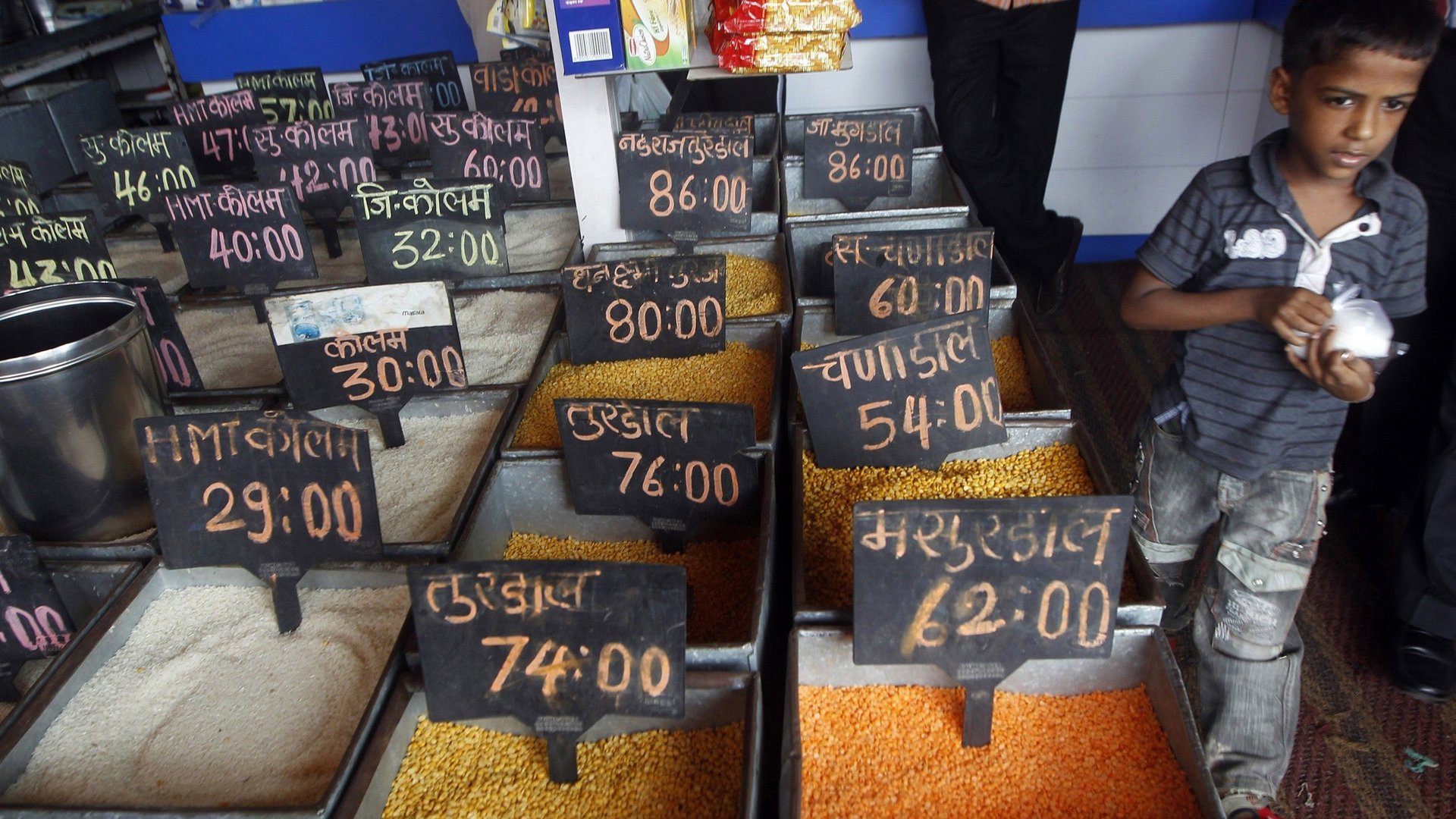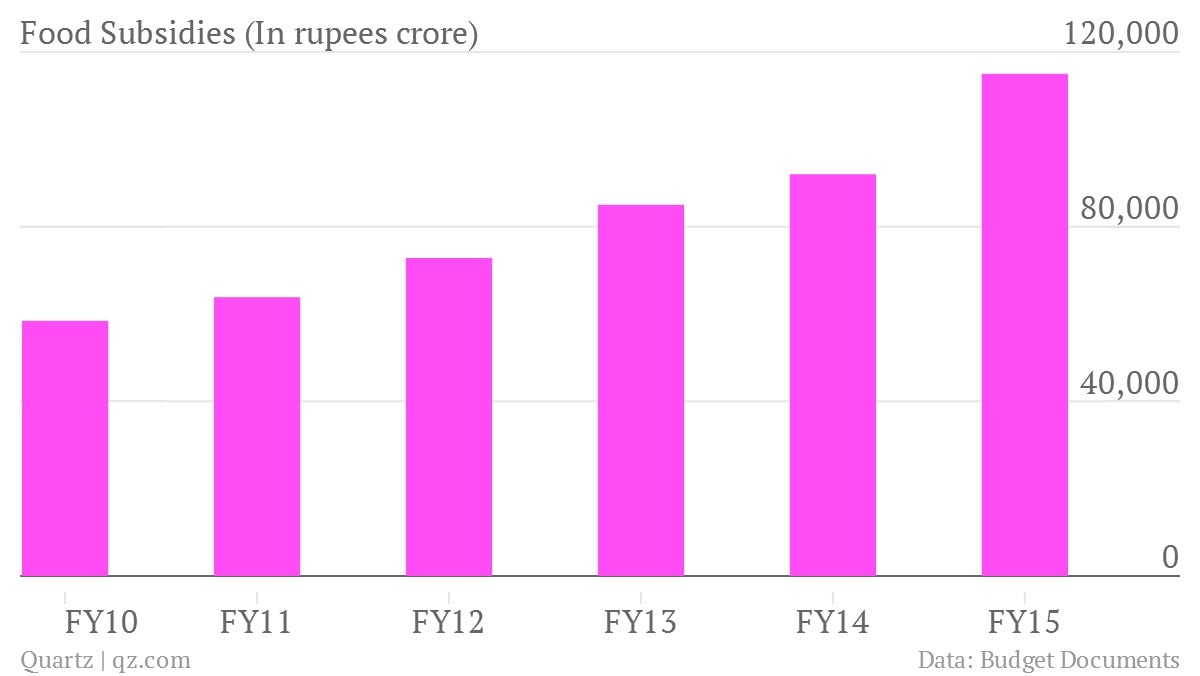Finally, the Modi government has tapped a technocrat to do something
The Indian government has set up a committee headed by former central bank governor Bimal Jalan to look into the contentious issue of reducing subsidies.


The Indian government has set up a committee headed by former central bank governor Bimal Jalan to look into the contentious issue of reducing subsidies.
Notably, the government has not named a chairman to the planning commission, which had been at the commanding heights of India’s economy for decades through successive Soviet-style five-year plans. Speculation that the government would set up a reforms commission to fast-track reforms and equity sale in government owned companies have also not come to pass yet. The decision shows the government’s priority is to get the fiscal deficit under control.
Jalan’s is also the first major appointment of a technocrat by the Modi government, which has thus far not named a chief economic adviser.
India’s finance minister Arun Jaitley had announced that the government would set up a commission to “look into various aspects of expenditure reforms to be undertaken by the government” during his budget speech. The committee is expected to present its report within the current fiscal. Jaitley had announced government’s intention to stick to a rather tough fiscal deficit target of 4.1% of GDP.
“A lot of social development schemes have been announced in the Budget. One needs to ensure the funds go to the right place and in right direction,” says Madan Sabnavis, chief economist at Mumbai-based ratings agency CARE Ratings.
Subsidies have always been a sensitive issue in Indian politics. India spends massively on subsidizing oil, fertilizers and food. In fact, the previous UPA government had backed the ambitious food security program which aims to provide subsidized foodgrain to 75% of India’s population costing approximately $4 billion a year. So far, the Bharatiya Janata Party-led NDA government has not signalled a big deviation from this approach.

Experts say subsidies have been one of the key reasons behind India’s widening fiscal deficit—and thus slowing economic growth. India’s latest Economic Survey show that total subsidies as a percentage of GDP has grown constantly from FY10 to FY13.
Another major problem with subsidies is that the intended beneficiaries are not able to make use of them. ”The commission should help the government to focus on allocating and distributing subsidies more efficiently. It should advice the government to cap non-merit subsidies to free up resources,” said Ajay Bhodke, head of research at Prabhudas Liladher in Mumbai.
An International Monetary Fund paper found that “fuel subsidies are found to be badly targeted, with the richest ten percent of households receiving seven times more in benefits than the poorest ten percent.” Moreover, India subsidizes urea massively, giving farmers a distorted notion that urea is cheap. Ultimately, this stokes food inflation.